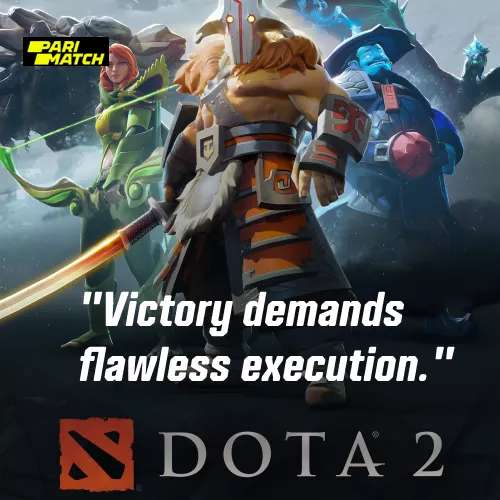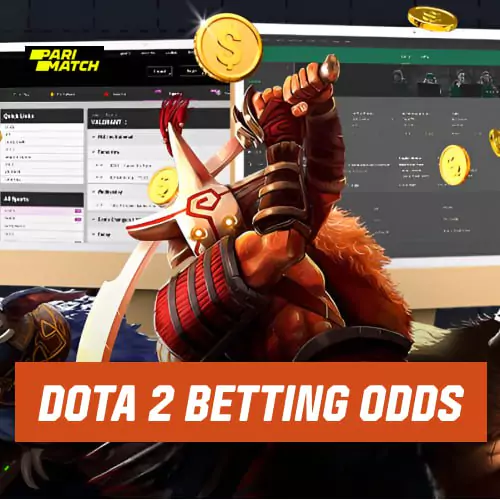1. A New Era in Gaming Policy
In August 2025, India introduced the Promotion and Regulation of Online Gaming Act, which banned all real-money online gaming while granting esports formal recognition as a legitimate sport. This sweeping legislation forced platforms like Dream11, MPL, and others to shut down their money-based games, resulting in major revenue losses and restructuring.
For Indian fans of competitive gaming, especially Dota 2’s The International 2025 (TI 2025), this policy shift is monumental. By separating esports from gambling, the government has cleared the path for esports to grow with legitimacy and structure.
2. Esports Gains Recognition
Esports titles such as Dota 2 now enjoy the same recognition as traditional sports. This distinction means fans can watch and support their favorite teams without legal confusion. It also opens doors for the development of esports academies, standardized regulations, scholarships, and government-backed infrastructure.
For Dota 2 enthusiasts, TI 2025 isn’t just another tournament—it is part of a broader movement that validates competitive gaming in India.
3. Sponsorship and Brand Shifts
Real-money gaming platforms were once the biggest sponsors of esports and even mainstream sports like cricket. With their advertising restricted, the sponsorship landscape is shifting.
For TI 2025 fans in India, this means:
- Fewer betting-related ads during broadcasts.
- Increased opportunities for tech, education, consumer electronics, and lifestyle brands to step into esports sponsorship.
- A more authentic viewing experience, with branding that highlights the sport itself rather than gambling.
4. What Fans Can Expect During TI 2025
The regulatory environment creates both challenges and opportunities for Dota 2 fans:
- Transparent tournaments with more focus on fair play and secure prize pools.
- Mainstream recognition, with esports being covered in traditional sports media.
- Grassroots growth, as local tournaments gain visibility and help nurture new Indian Dota 2 talent.
- More accessible fan experiences, with streams and events promoted as sports rather than betting-driven entertainment.
5. Ongoing Challenges
Despite recognition, Indian esports still faces hurdles:
- Lack of a centralized governing body to oversee contracts, player rights, and tournament standards.
- Limited infrastructure—Dota 2 in particular requires high-quality servers and stable connectivity, which remain inconsistent in many regions.
- Sustainability issues for teams and organizations, as they rely heavily on sponsorships and prize pools without long-term stability.
6. The Way Forward for Dota 2 and Esports in India
To fully benefit from the TI 2025 momentum, the Indian esports ecosystem needs:
- A government-backed esports authority to regulate the industry.
- Investment in infrastructure such as bootcamps, training centers, and servers.
- Sustainable sponsorship models with long-term commitments from non-endemic brands.
- Grassroots leagues to develop young talent in games like Dota 2.
- International integration, allowing India to host global tournaments and be part of esports at the Olympic level.
Conclusion
The convergence of Dota 2 TI 2025 and India’s new regulation marks a turning point for esports fans. While real-money gaming platforms have been forced out, esports now has the legitimacy it always sought.
For fans, TI 2025 represents more than just a world championship—it symbolizes the start of a new era where esports is seen as a serious sport in India. With continued investment and clear governance, India has the potential to rise as a global esports hub, and Dota 2 fans stand to be at the heart of this transformation.
FAQs: Dota 2 TI 2025 and India’s Esports Regulation
1. What is the Promotion and Regulation of Online Gaming Act, 2025?
It is a law passed by the Indian government that bans all real-money gaming platforms (like fantasy sports, poker, and rummy) while officially recognizing esports as a legitimate sport.
2. Is Dota 2 affected by the gaming ban in India?
No. The ban applies only to gambling and money-staking games. Esports titles like Dota 2 are recognized as skill-based competitions and are fully legal.
3. Can Indian fans still watch and participate in Dota 2 TI 2025?
Yes. The International 2025 (TI 2025) will be streamed and covered in India, and local esports organizations continue to participate in qualifiers and related tournaments.
4. How does the new law impact sponsorships for esports events like TI?
Since betting and fantasy apps can no longer advertise, more mainstream brands (tech, consumer goods, education, lifestyle) are expected to sponsor Dota 2 tournaments.
5. Will Indian teams be able to compete in global Dota 2 events?
Yes. The law strengthens esports by giving it formal recognition, which may eventually improve infrastructure, training, and support for Indian teams to compete internationally.
6. What opportunities does this bring for Indian esports fans?
Fans will get more structured tournaments, fairer competitions, increased visibility in mainstream sports media, and better chances to see local players represent India at global stages.
7. What challenges remain for Dota 2 esports in India?
Key challenges include limited infrastructure (servers, bootcamps), lack of a centralized esports governing body, and sustainability issues for teams relying on unstable sponsorships.
8. Can esports become a career option in India after this regulation?
Yes. With recognition as a sport, careers in esports—such as professional players, streamers, coaches, analysts, event managers, and content creators—are expected to grow rapidly.







